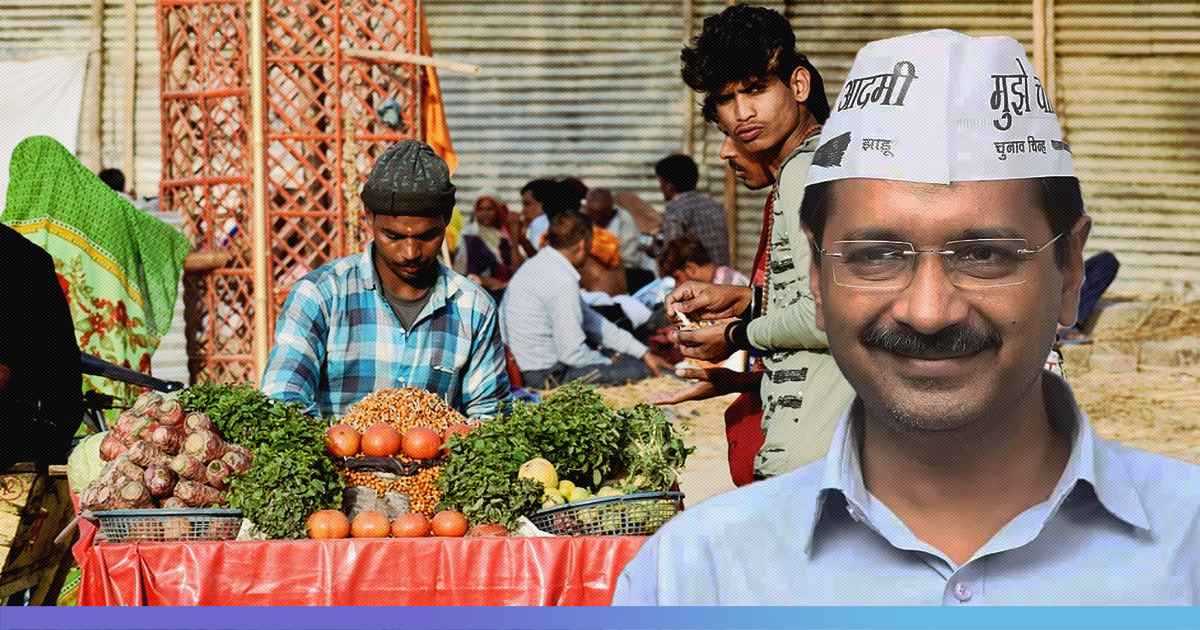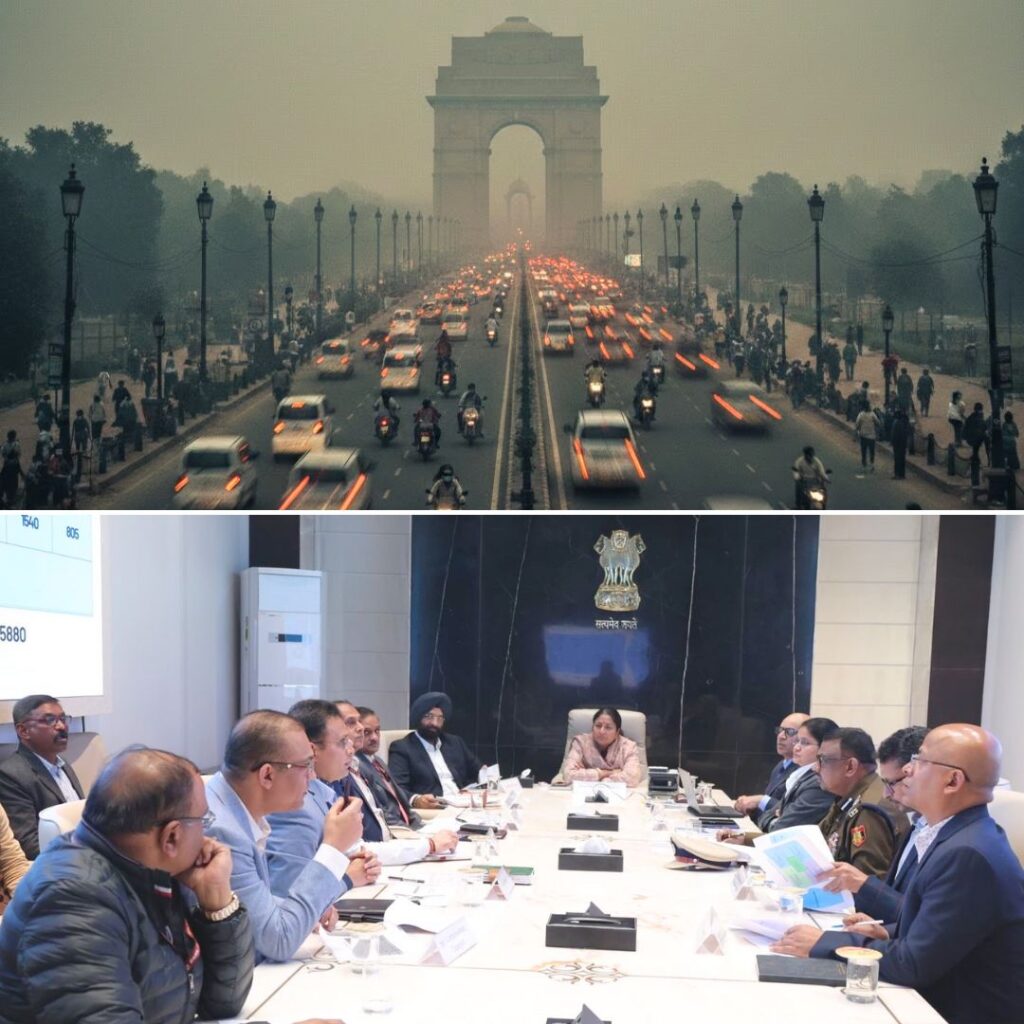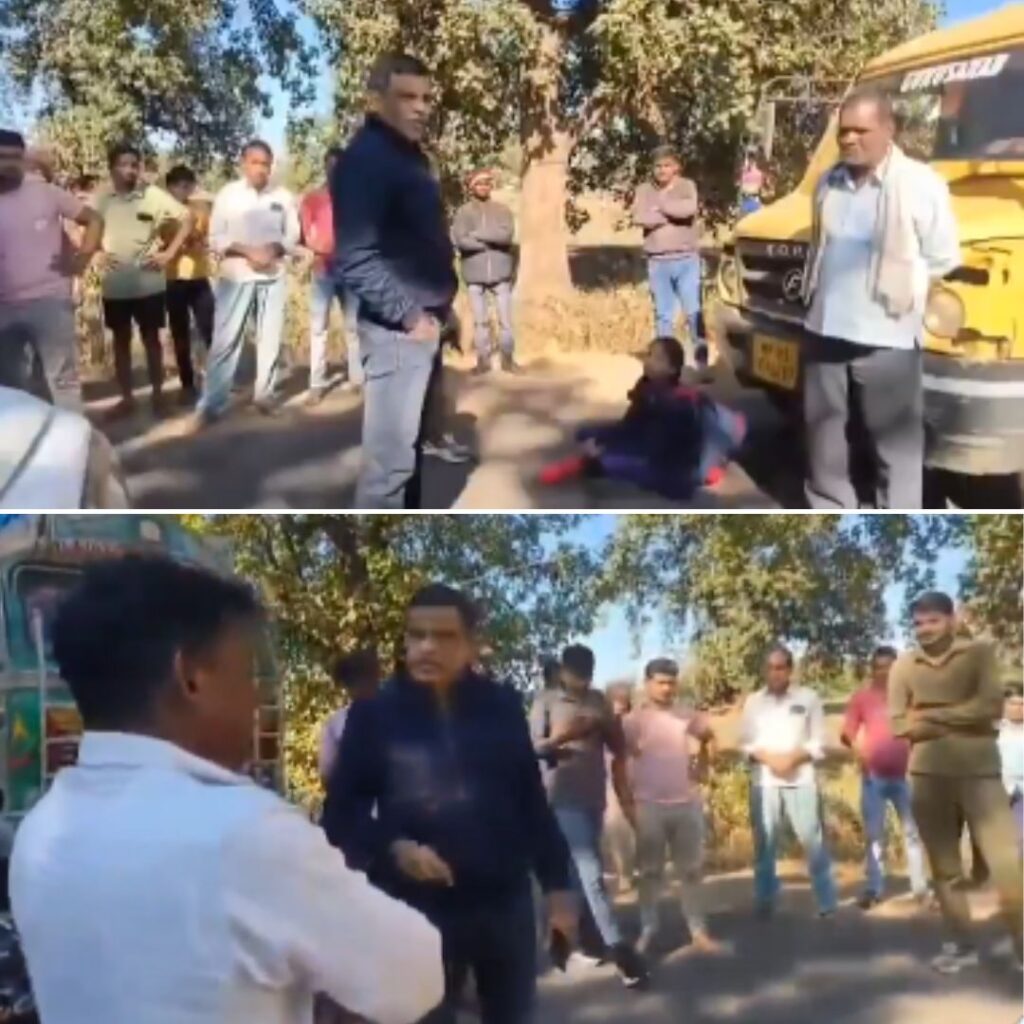Delhi is all set to become the first Indian city to enforce a law to safeguard the street hawkers and vendors from the threat of eviction, authorities declared on Thursday, five years later after the legislation was first introduced.
Chief Minister Arvind Kejriwal said that the Delhi government officials have augmented Town Vending Committee(TVC), which will conduct a survey regarding the number of hawkers in the city and monitor them closely to issue vending certificates and right to carry out their business from a fixed spot.
“Without street vendors, no city can function. We just need to regularise them so that other citizens are not inconvenienced,” Kejriwal posted on Twitter.
“Vendors will get the right to make an honest living, and they will not be harassed by the police and other authorities,” the chief minister said, adding that licences would be issued before the end of the year.
Street Vendors’ Act
The Street Vendors’ Act was introduced by the lawmakers in 2014 to safeguard the rights of the country’s hawkers and protect them from eviction, with states required to establish hawking zones, set up TVCs and issue licences.
Unlicensed street vendors are preyed and exploited for bribes by criminals, corrupt officials and police, to evade the eviction drives. This is becoming a common practice as metropolitan cities are now competing for spaces.
“The law emerged after a long struggle for improved livelihood security, legality and protection from eviction,” said Shivani Chaudhry, executive director of the Housing and Land Rights Network, a non-profit in Delhi told the Reuters.
Street Vendors Protest In Delhi
However, members of NASVI(National Association of Street Vendors of India) protested in Delhi on Thursday against the slow rollout of the law and said there was still no detailed plan for the implementation of the law in the capital.
“There is a lack of political will to implement the law, and there is a pushback from citizens because of the misconception that vendors cause congestion,” said Shalini Sinha at WIEGO, a global non-profit that helps informal workers.
Delhi has now set up 28 TVCs with representatives from street vendors, the municipal commission, police and town planners, who will conduct the survey.
“The same authorities promised implementation five years ago. Now, with local elections in Delhi due soon, the promise of implementation looks to be just a political gimmick,” said Arbind Singh, a coordinator for NASVI, referring to polls due in February next year.
“Meanwhile, evictions continue – so we are very sceptical,” he said.












